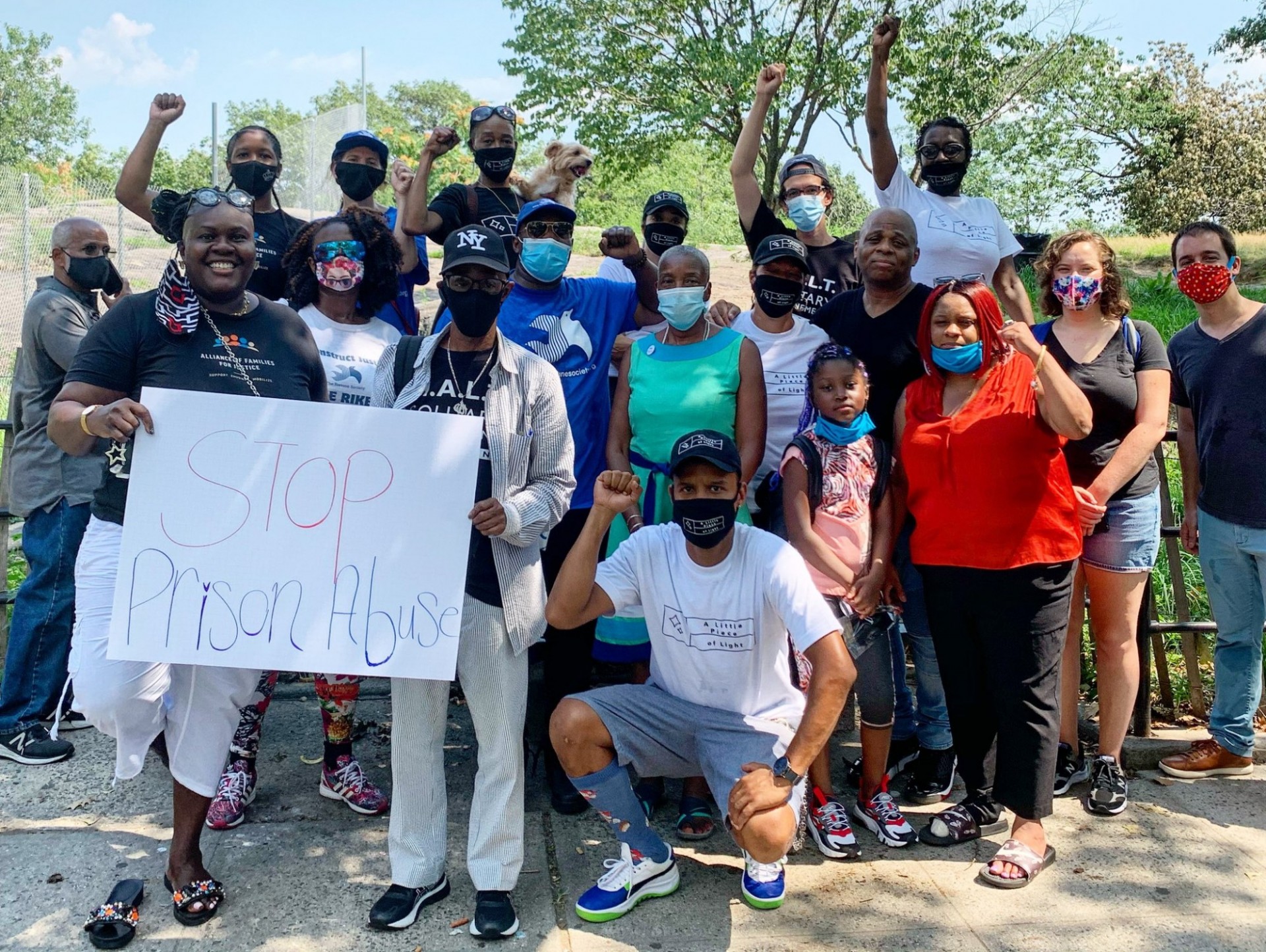In contemporary discourse surrounding justice, the Bahá’í teachings present a paradigm that transcends conventional punitive measures. This article explores how these teachings advocate for a holistic understanding of justice—one that emphasizes restoration, reconciliation, and the development of the individual and society. With the promise of transforming our perceptions of justice, the Bahá’í approach elevates our comprehension of human interaction and responsibility.
At the very core of Bahá’í philosophy lies the conviction that justice is an essential foundation for all human endeavors. Justice, as articulated within these teachings, is not merely a mechanism for societal order but rather a reflection of moral rectitude and spiritual integrity. This perspective invites us to contemplate justice as a dynamic force that nurtures the well-being of individuals and communities alike, propelling humanity toward a collective advancement.
The Bahá’í understanding of justice invites us to critically assess traditional punitive systems. Rather than focusing solely on recompense or retribution, Bahá’í teachings encourage a restoration of harmony and equilibrium within society. This assertion challenges existing models that prioritize punishment over rehabilitation. By advocating for restorative justice, the Bahá’í faith beckons individuals to envision a landscape where perpetrators are presented with opportunities for self-improvement, personal accountability, and ultimately, reintegration into the societal fabric.
One groundbreaking tenet of Bahá’í teachings is the concept of the inherent nobility of every person. Each individual is seen as a potential source of positive change. In contrast to punitive systems that may label individuals as irreparably damaged or as mere offenders, the Bahá’í perspective fosters an environment where every person’s capacity for growth and transformation is recognized and cultivated. This view not only elevates the dialogue surrounding justice but also instills hope in communities beleaguered by crime and discord.
Moreover, the Bahá’í teachings promote an essential interplay between justice and compassion. Justice devoid of compassion can easily devolve into harshness, becoming a tool for oppression rather than healing. The Bahá’í approach emphasizes a balance—a justice system that is informed by both fairness and empathy. By allowing compassion to inform justice, societal systems create pathways for individuals to reconnect with their moral compasses and recognize the interconnectedness of humanity.
This perspective compels a shift from a myopic focus on individual acts of wrongdoing to a broader understanding of systemic failures that breed injustice. For many, the question arises: what compels an individual to act in a manner that contravenes the values of their community? The Bahá’í teachings challenge society to engage in this inquiry, positing that underlying factors—such as poverty, lack of education, and social inequities—play pivotal roles in fostering environments where transgressions arise.
In addressing these systemic issues, the Bahá’í teachings provide frameworks for community engagement and empowerment. Social action, informed by the principles of unity and cooperation, emerges as a catalyst for transformative justice. Collective endeavors that address root causes can mitigate conflict, thereby paving the way for a society where justice does not hinge on punishment but flourishes through proactive engagement and negotiation.
As we delve deeper into this transformative approach to justice, it is essential to consider the role of education. The Bahá’í teachings place a significant emphasis on education, not just as a means of acquiring knowledge, but as a vehicle for social change and a precursor to justice. When individuals are educated, they are better equipped to make informed decisions, cultivate empathy, and embrace a sense of shared responsibility within their communities. Education serves as a powerful antidote to ignorance, the breeding ground for many societal injustices.
Furthermore, the notion of accountability in Bahá’í teachings transcends punitive measures. Instead of merely administering punishment, accountability involves recognizing the impact of one’s actions on others and actively seeking to repair any harm caused. This principle cultivates a culture of responsibility that is deeply rooted in compassion and respect for others. By facilitating emotional reckoning and encouraging dialogue, individuals may come to understand the consequences of their actions, fostering a community where restorative practices become the standard.
The call for a reformation of justice through Bahá’í principles is not construed as utopian idealism, but rather as an urgent necessity in a world that grapples with divisions, conflict, and systemic injustices. By reframing our understanding of justice, the Bahá’í teachings urge society to envisage a future characterized by mutual respect, constructive engagement, and collaborative remedy. This aspiration can only be attained if individuals and communities are willing to embrace a new lens through which justice is perceived—a lens that prioritizes healing over harm.
In conclusion, the Bahá’í teachings present a compelling invitation to explore justice beyond its traditional confines, urging a reevaluation of punitive systems in favor of a model that values rehabilitation, restoration, and the inherent dignity of every individual. Through the cultivation of compassion, education, and collective action, a new framework of justice can emerge—one that reconciles individuals with their communities and nurtures the potential for a more harmonious world. This transformative vision is not just one of aspiration but becomes achievable through the active participation and commitment of each individual toward justice envisioned in the Bahá’í context.
